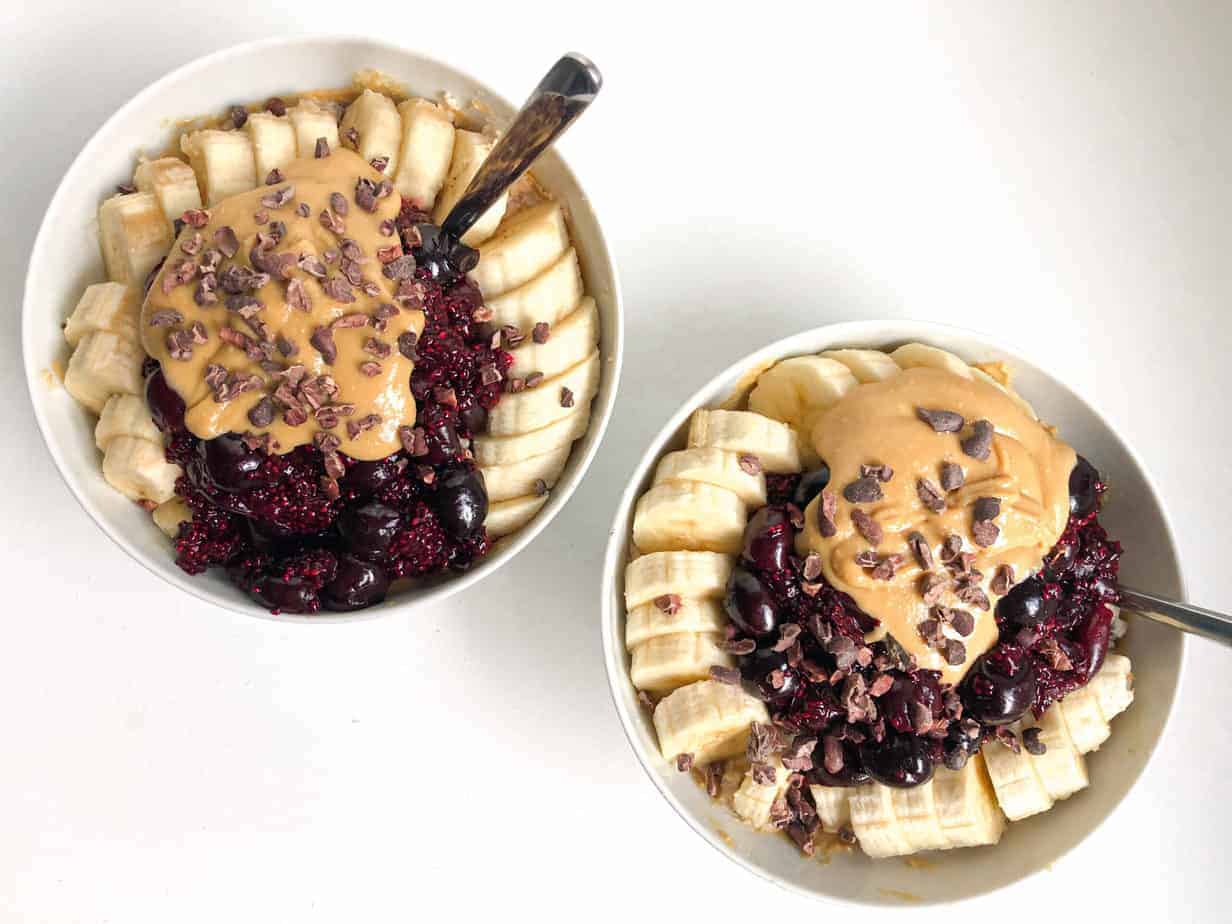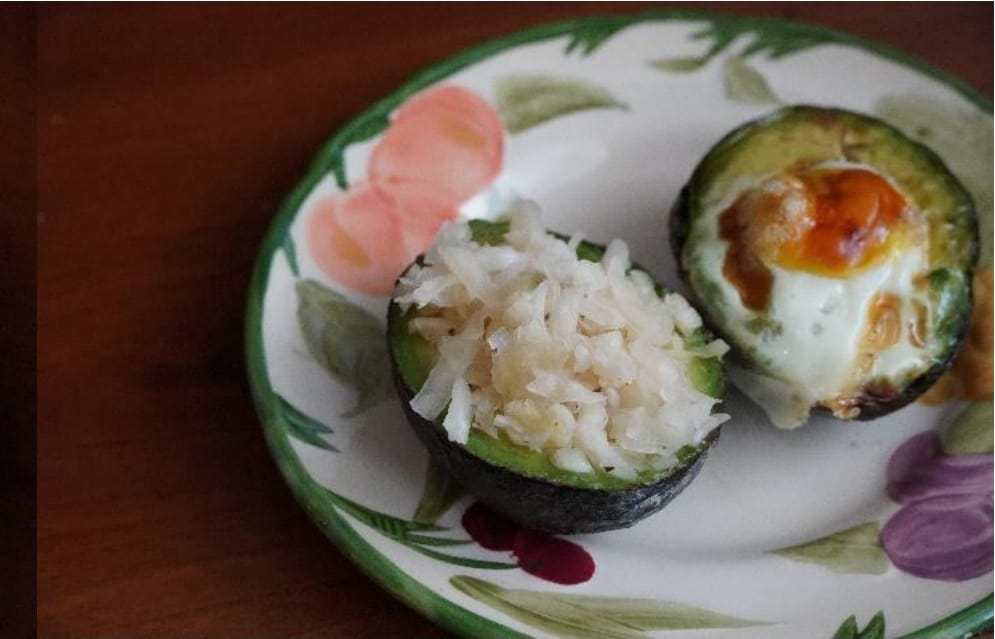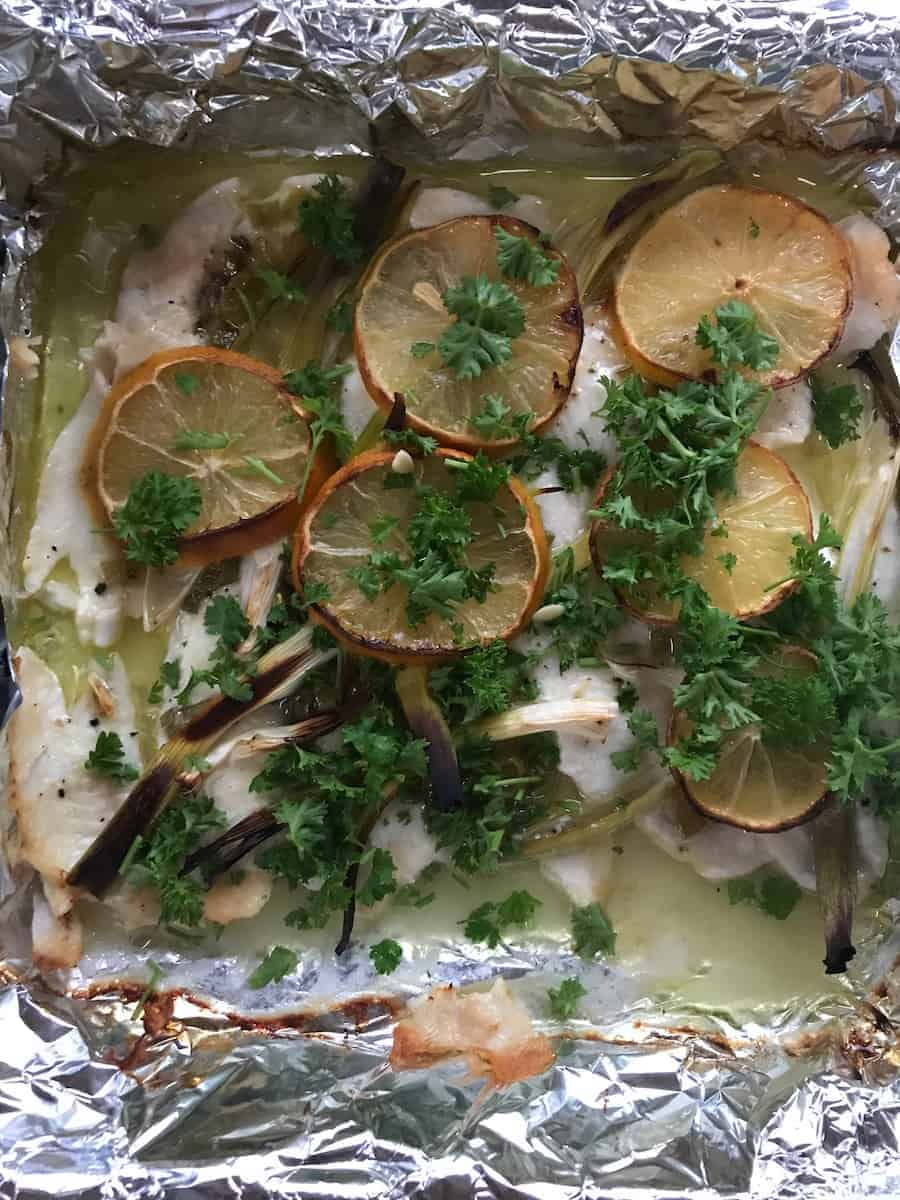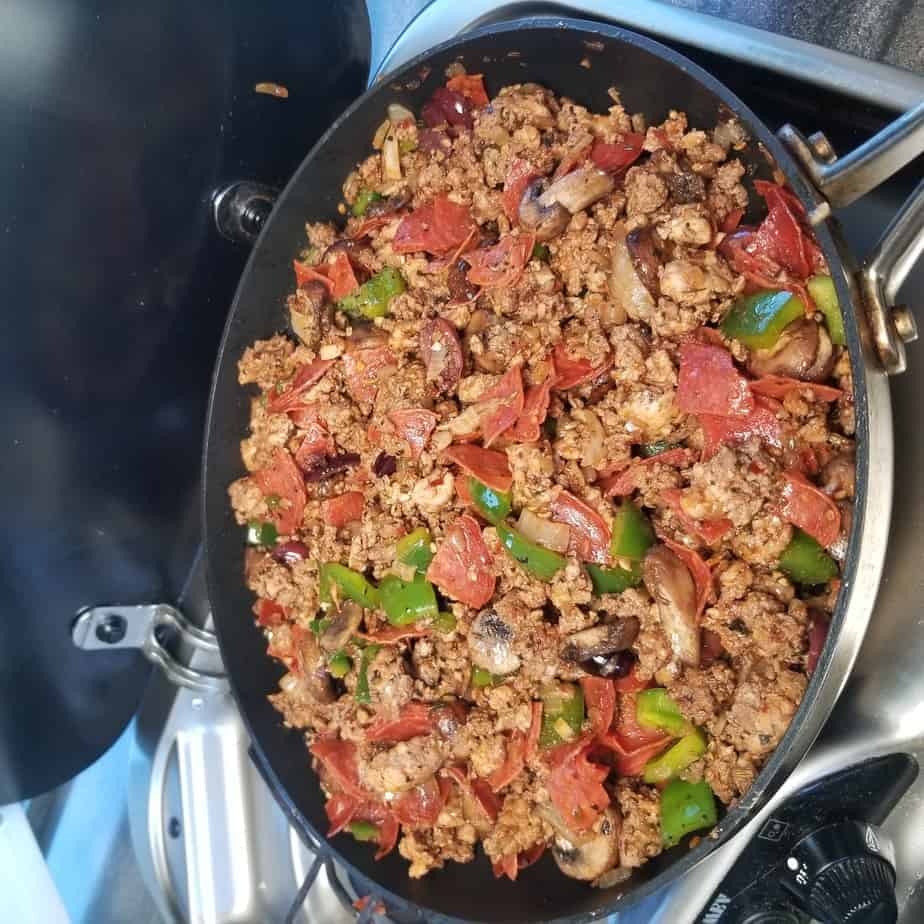This fabulous recipe won the first week of our van bake off competition 2020 and became our first star baker.


This fabulous recipe won the first week of our van bake off competition 2020 and became our first star baker.

Tuscan Ribollita Stew

Easy Berry Oats – VEGAN

Our family loves chocolate! And we also take it on the road. We find the best local chocolate wherever we happen to be and then use it to create this delicious on-the-go treat.

This is a fun and yummy meal on the go. The avocado halves are easy to make and don’t require much to make. We bring them along in a container on picnics or on long drives.

This is a fun and easy treat you can eat for a breakfast or as a dessert. And its super healthy, with no added sweetener. We used to buy this
from our favorite café. But it is really simple to make which is great if you don’t have any extra time.

CREAMY PEPPER SAUCE WITH MUSHROOMS
goes well with with a meaty dish
The key to getting the most “pepperiness” from your peppercorn sauce is to toast the pepper gently with the mushrooms and garlic before adding the cream. Fresh thyme, bay and a squeeze of lemon add all the right flavours and you’re done.

Purple Cabbage Slaw

Low FODMAP Baked Lemon Sole

Pizza Protein Bowl

Sundried Tomato Chicken

My guest blog post on here explains how easy it is to sprout beans when on the road, this is one of the many recipes I include them in.
📍 18th-21st Feb – Caravan & Motorhome Show | NEC, Birmingham
📍 14th-15th Mar – The Yorkshire Motorhome & Campervan Show | Yorkshire Events Centre, Harrogate
📍 24th / 26th / 28th / 31st Mar – The Ideal Home Show | Olympia, London
📍 3rd-5th May – Campervan Campout | South of England Showground, Haywards Heath
📍 10th-11th May – The Great British Food Festival | Arley Hall, Cheshire
📍 16th-18th May – The Southern Motorhome & Campervan Show | Newbury Showground, Newbury
📍 30th May-1st Jun – Vanlife Festival | West Midlands Showground, Shrewsbury
📍 14th-15th Jun – The Great British Food Festival | Holdenby House, Northampton
📍 21st-22nd Jun – The Great British Food Festival | Dinton Pastures, Berkshire
📍 18th-20th Jul – The Norfolk Motorhome & Campervan Show | Norfolk Showground, Norfolk
📍 2nd Aug – The East Dorset 40th Celebration Rally | Warren Park Farm, Alderholt
📍 15th-17th Aug – The Western Motorhome & Campervan Show | The Three Counties Showground, Malvern
📍 22nd-24th Aug – Vanlife Eats Festival | Dummer Down Farm, Basingstoke
📍 5th-7th Sept – The South West Motorhome & Campervan Show | Bath and West Showground, Shepton Mallet
📍 19th-21st Sept – The Motorhome & Campervan Show | Lincolnshire Showground, Lincoln
📍 16th-17th Oct – Caravan & Motorhome Show | NEC, Birmingham
📍 3rd-5th Oct – The Getaway Show | P&J Live, Aberdeen
📍 24th – 30th Nov – The Ideal Home Show | Olympia, London